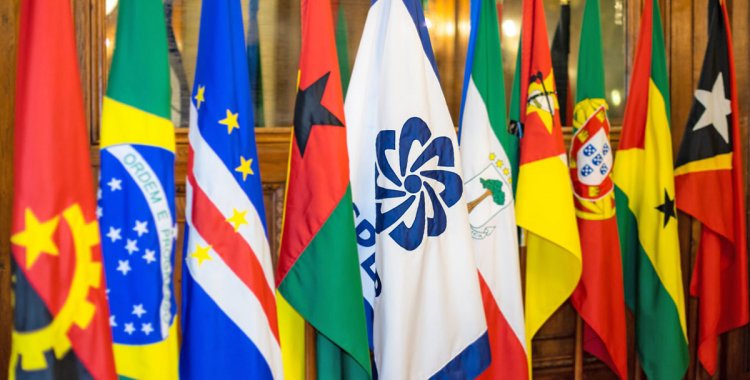These three topics will be discussed at the next meeting of the Joint Technical Commission for Mobility, which will be held online between Wednesday and Friday, the ambassador of Cape Verde in Lisbon, a country that has the rotating presidency of the organization, told Lusa .
The final proposal on the free movement of people in the CPLP space should come out of this meeting.
"Then there will be an extraordinary Council of Ministers, scheduled for the second half of March, but still with no precise date, whose main agenda item will be the mobility proposal, which is already expected to be the final", explained Eurico Monteiro.
"We could have a solution, which was to say: 'we do not regulate these matters and each State regulates as it sees fit'.
Thus, in relation to titles, or mobility visas, what is at stake, according to the diplomat, is that in multilateral instruments, the rule for the suppression of fees was approved, that is, which defines that titles are free, only if being able to charge the cost of the form.
"But some Member States, with some financial difficulties, are reluctant to give up these fees, and others want to comply with the multilateral instrument, which exempted [costs] and others want a middle ground, want a fee, but a moderate one "he explained.
As for academic titles, the problem lies in the fact that, in some cases, the competences for their attribution lie with professional organizations and not with governments or legislative bodies. "And this is a problem," said the ambassador.
The diplomat pointed to Brazil as an example, where professional certifications fall to professional orders and these even have a "constitutional seat".
"There is a disparity in internal legal regimes and we have to come up with a conforming rule. Because we would like the mobility of citizens to match the mobility of academic degrees, to be more effective," he commented.
In relation to Social Security, Eurico Monteiro believes that the consensus "maybe it can be easier", still considers that it is necessary to "be careful".
The diplomat points to the example of someone who lives in Angola, where he cashes in to Social Security and then moves on and comes to live in Portugal.
"Good mobility says you shouldn't start again, losing what you already had," said the Cape Verdean diplomat.
But so that this citizen does not lose what he has discounted up to that point, it is necessary to create "an exportability scheme for these Social Security credits", he stressed.
In addition, it is necessary that the entities of the country where you lived and of the one you are going to live in understand, to understand how the pension will be in the future, what references to follow and how the calculation will be made. "It is a matter of some complexity," he concluded.
At the last Council of Foreign Affairs Ministers (MNE) of the CPLP, which also took place in virtual format, on 9 December, a draft resolution on the mobility agreement was approved, whose final agreement will be approved at the summit of heads of state and CPLP Government, scheduled for Luanda this year.
CPLP has nine member states, Angola, Brazil, Cape Verde, Guinea-Bissau, Equatorial Guinea, Mozambique, Portugal, São Tomé and Príncipe and Timor-Leste.







